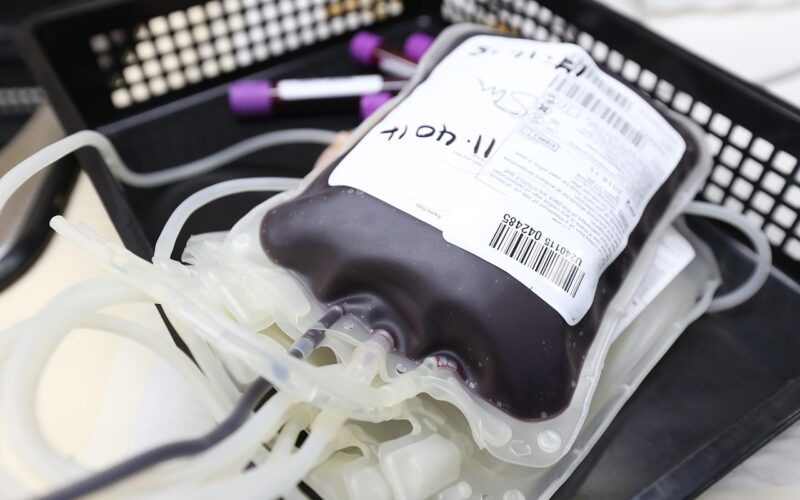The journey from a registered nurse (RN) to a nurse practitioner (NP) is a rewarding path of professional growth, leading to greater autonomy and expanded responsibilities in patient care. This transition involves advanced education, specialised training, and a deep commitment to lifelong learning. For many nurses, the desire to take on a more comprehensive role in diagnosis, treatment, and management of patient health is the driving force behind pursuing this advanced practice qualification. Making this leap requires careful planning and an understanding of the educational and clinical requirements ahead.
Laying the educational foundation
The first step towards becoming a nurse practitioner is building upon your existing nursing education. To be eligible for an NP programme, you must be a registered nurse, typically holding a Bachelor of Science in Nursing (BScN). The core of the transition is completing a Master of Science in Nursing (MScN) or a Doctor of Nursing Practice (DNP) degree with a focus on a specific patient population. These postgraduate programmes are designed to deepen your clinical knowledge, enhance your critical thinking skills, and prepare you for the complexities of advanced practice, including pharmacology, pathophysiology, and advanced health assessment.
Choosing a specialty and gaining clinical experience
Nurse practitioner programmes require students to choose a specialty area. Common pathways include family health, adult-gerontology, paediatrics, and mental health. Your choice will guide your clinical placements and future career. During your studies, you will complete a significant number of supervised clinical hours in your chosen specialty. This hands-on experience is crucial for applying theoretical knowledge to real-world patient scenarios. It is within these clinical settings that you will refine your diagnostic reasoning and patient management skills, preparing you for the independent decision-making expected of an NP.
The importance of specialised training courses
Beyond the core curriculum, supplementing your education with targeted courses can significantly enhance your expertise and confidence. Many NPs, especially those working in acute or surgical settings, find that undertaking specific training is invaluable. For instance, comprehensive preoperative assessment courses equip you with the skills to evaluate a patient’s fitness for surgery, a critical responsibility in many NP roles. These courses provide a structured approach to identifying risks and optimising patient outcomes before a procedure.
Developing key diagnostic skills
Advanced practice nursing demands a high level of diagnostic proficiency. Interpreting clinical data accurately is a fundamental part of the NP role. A dedicated blood interpretation course can sharpen your ability to analyse lab results, recognise abnormalities, and make informed clinical decisions based on haematological and biochemical markers. Similarly, proficiency in electrocardiograms is essential for many specialities. Formal ECG training moves beyond basic recognition to in-depth analysis of cardiac rhythms and abnormalities, a skill that is vital for diagnosing and managing cardiovascular conditions effectively.
Achieving certification and beginning practice
Upon completing your master's or doctoral degree and the required clinical hours, the final step is to achieve certification. You must pass a national board certification exam in your chosen specialty. This certification demonstrates that you have met the rigorous standards for knowledge and competence in your field. Once certified, you can apply for licensure or registration as a nurse practitioner within your jurisdiction. This credential allows you to practise with an expanded scope, which often includes diagnosing illnesses, prescribing medications, and managing a patient's overall care plan. The journey is challenging, but it culminates in a deeply fulfilling career at the forefront of healthcare.






